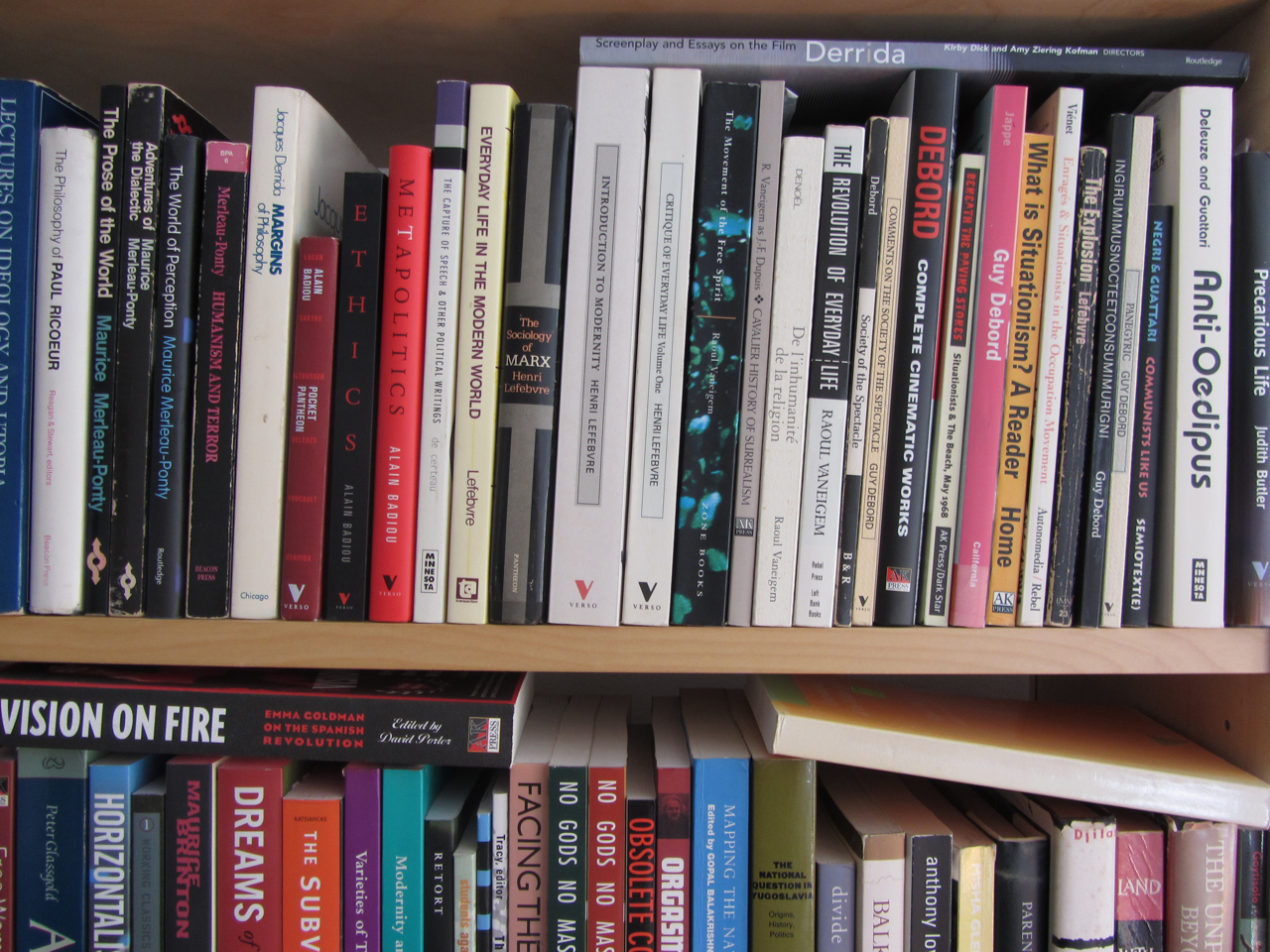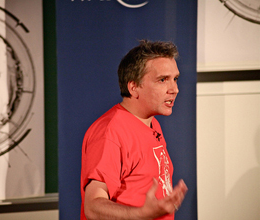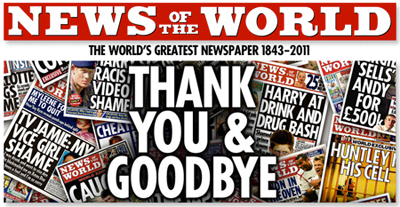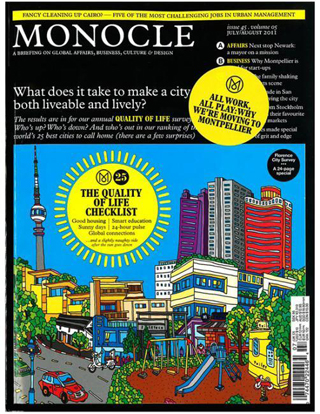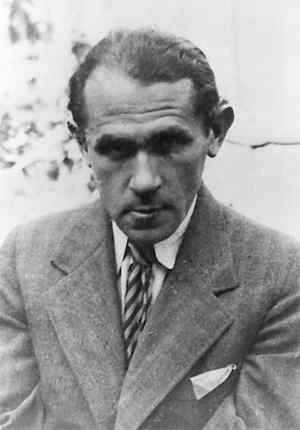Arizona murdered its rivers and poured the remains onto cotton fields and golf courses. Some of the largest water engineering projects on the planet have gone into producing suburban swimming pools and green lawns. Today’s Arizona could not exist without the diversion and destruction of its river system. Over 90 percent of the state’s river system has disappeared. (More…)
Reads
Two weeks ago, my life took a slightly strange turn. My past and future collided in a clash between old media and new media. Let me explain.
Although I’ve never had a secure, long-term post, I’ve been working in academia since completing my PhD in 2001. Over this time, I’ve amassed a number of publications, including two monographs (one of which was co-authored,) a co-edited book, three journal articles and a number of book chapters. (More…)
On August 29th, The Jerusalem Post terminated one of its top columnists, Larry Derfner. The long-serving pundit lost his job by falling into a language trap that’s been a bane of peace activists for decades. Some will contend that Derfner’s dismissal is a positive for progressive forces. The newspaper’s political orientation is alleged to be centrist, but is highly conservative. Nevertheless, its diversity of views is said to span from Derfner on the left, to Caroline Glick on the right. (More…)
What do the different forms of unrest that have proliferated in Europe, North Africa, the Middle East, and Latin America have in common? Recently, Judith Revel and Toni Negri published The Common in Revolt, one of the more lucid and penetrating essays analyzing recent and current social protests, revolts, riots, and street politics. A characteristic of such provocative essays is that they demand responses and help shape public debate. (More…)
Here are two profound moments of ’00s retro culture.
Listen:
Carlos Santana stares directly into the camera in front of a black background. “I love making people cry, laugh, and dance at the same time – giving and receiving a crucial orgasm,” he says. “I never wanted to be anything else since I was a child.”
His choice words are then brought to life. (More…)
At eighty pages, Mark Fisher’s Capitalist Realism: Is There No Alternative? is a brief but fascinating polemic about the insidious ways in which neoliberal ideology insinuates itself into our lives. Riffing on key ideas from theorists such as Michel Foucault, Gilles Deleuze, Slavoj Zizek and Fredric Jameson, Fisher interrogates his own experiences as a UK-based lecturer and culture critic, creating resonant new concepts with which to engage late capitalism. (More…)
In the 1986 Wapping dispute that inaugurated the News of the World as the beast it would become, I have one outstanding memory. I am drinking sherry with friends at 2AM, on a highway we are convinced we have taken – only for TNT vans heavy with bundled copies of News of the World to exit from spidery side streets half a mile away.
In a year of picketing, we never once stopped the labyrinthine plant. (More…)
When I first noticed Monocle on prominent display near the cashiers at my local Barnes & Noble, I was excited. I’d heard a great deal about the magazine and been to its website. But I had yet to hold a copy in my hands. Sure, I could have subscribed to it, but spending upwards of $100 per year on a publication I’d never seen seemed excessive. And, to be frank, I’m more likely to make that sort of financial outlay for music or films than I am for reading material. (More…)
News of the World was always its own story. A paper that specialized in decrying the rot in British society, it turned out to be every bit as corrupt as what it covered. Falling on its own sword, after 168 years of publishing, was hardly surprising. The question is what took it so long. (More…)
Tinkering culture has slowly entered the mainstream. Once the province of Popular Mechanics and Wired, coverage of the making and hacking trend has been appearing regularly in such unlikely periodicals as the New York Times. It’s hard getting adjusted to big media gushing about geek wads tweaking bits and bytes and building fire breathing robots in the back yard. (More…)
Bruno Schulz was a genius. He invented his own language and sensibility. His narrative style and its fantastic voice create a complex reality, much like the piled-high small shops he describes. Schulz has been mislabeled ‘the Polish Kafka,’ a mistake because Franz Kafka had a far more specific social vision that addressed relations between citizen and state. For Schulz, the subjects were self, family, neighbors and the cityscape surrounding them all. His best-known work, The Street of Crocodiles, repeatedly articulates a sense of foreboding. (More…)
My wife and I were at a burger joint the other day, waiting for our order. A garrulous fellow with an English accent, upon seeing my San Francisco Giants cap, began regaling me with tales of his life as a fan of the English football club Chelsea. Actually, he said “I love football, and I love Chelsea,” and proceeded to explain why he put the sport first and the favored club second. I understood his argument in the abstract, but for me, when we are talking Giants, baseball comes second. There is nothing abstract about it. (More…)

